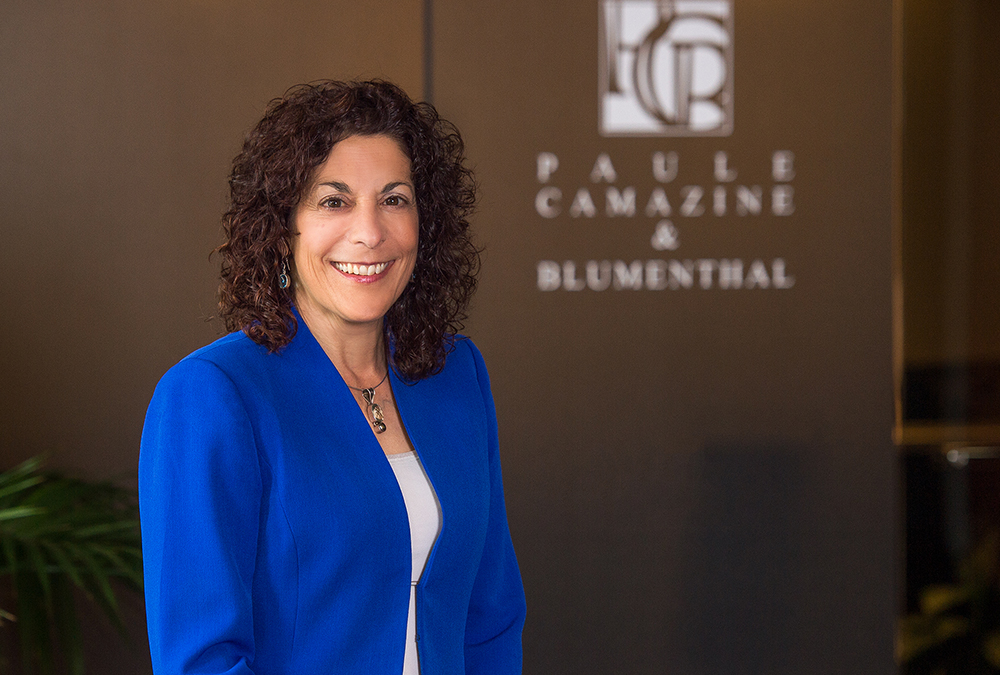
Individuals who obtain health insurance coverage through Medicare may change their 2019 plan selection from October 15, 2018, to December 7, 2018. This is called the Open Enrollment Period and it is the only time during the year that Medicare allows such changes to be made. During the Open Enrollment Period you can make changes to various aspects of your coverage. You can switch from Original Medicare to Medicare Advantage, or vice versa.
Medicare is comprised of Parts A through D.
Part A covers inpatient hospital services, up to 100 days of skilled nursing and skilled rehabilitation services, some home health services, specialty rehabilitation hospital care, inpatient mental health services and hospice.
Part B covers outpatient services, physician services, laboratory, diagnostic and x-ray services, wellness/prevention services, home health services, palliative care services, and durable medical equipment.
Parts A and B are considered “traditional” Medicare, and the annual deductibles and co-payments arising under Parts A and B are the financial responsibility of the Medicare beneficiary – the patient, unless they purchase a Medicare Supplement Plan (also known as “Medi-Gap” plans, because they cover the cost “gaps” that arise under Parts A and B).
Part C is the Medicare Advantage program, which are handled by independent insurance companies and are Medicare HMOs, that have specific networks of providers but cover the same services as Parts A and B, and at a lower cost with no need to purchase a separate Medicare Supplemental Plan.
Part D is the Medicare Prescription drug program, administered by hundreds of private companies, that provide prescription drug coverage for a monthly premium (in most plans) and cost-sharing for prescription drugs.
When a person develops a chronic condition requiring hospitalization and rehab care, Medicare Advantage Plans (Part C Plans) can become problematic. Part of the reason they are so affordable and do not charge for additional services, such as the need for a Medicare Supplement, is that they scrutinize utilization of services much more stringently than traditional Medicare, and reject more services as being non-essential. Most importantly, they have networks of providers from whom Medicare Advantage plan participants must obtain their care. You can’t choose your own doctor or service unless they are providers.
If a Medicare Advantage Plan member lives in a nursing home and after a hospital stay needs Medicare – covered physical therapy, they must go to a facility that provides Medicare rehab services within their Medicare Advantage Plan’s network. If the patient goes back to the nursing home where they were living, but it is not “in network,” the Medicare Advantage Plan will not pay for rehab services. Similarly, if the patient goes to a facility in their Plan’s network, but it is not the facility in which they live, they or their family will likely need to pay a “bed hold” fee to ensure the patient can return to their room at the facility they have been living in, or risk losing their room.
Medicare Advantage Plans offer comprehensive services, at a cost that is more economical than traditional Medicare plans, If a Medicare beneficiary’s physicians and other preferred health care providers are in the Plan’s network. If someone becomes ill and develops an on-going need for medical care, switching coverage, particularly during the Open Enrollment Period, to a traditional Medicare Plan, may be in your best health care interest.
An elder and disability lawyer at Paule Camazine & Blumenthal can assist you with Medicare and other health-related issues. Contact us for help.
Written by Debra K. Schuster, Elder & Disability Attorney with the St. Louis Law Firm of Paule, Camazine & Blumenthal. Attorney Schuster specializes in Elder Law, Disability Law, Life Care Planning and Adult & Elder Mediation. Attorney Schuster is the current Vice-Chair of the Missouri Bar Association Elder Law Section for 2018-2019 and is a Member of the National ElderCare Matters Alliance. She and her firm are Featured in ElderCareMatters.com – America’s National Directory of Elder Care / Senior Care Resources to help families plan for and deal with the issues of Aging.
